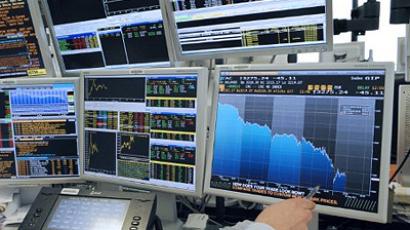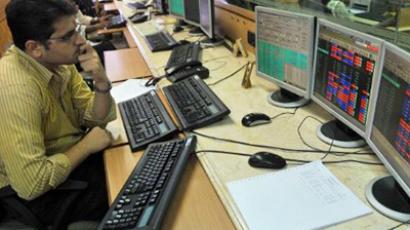China to outstrip US by 2016 – IMF
Many analysts are predicting a power shift in the financial arena quite soon, since according to International Monetary Fund projections, China could leapfrog the United States to become the world's largest economy by 2016.
Many have thought this likely for quite a while, and the latest news regarding the US debt-ceiling debate and the US’s credit rating being downgraded is leading even more people to believe that this is going to happen even sooner than expected.China’s economy has actually grown by 45 per cent since 2007, while the GDP of the United States has grown by less than one per cent since then. The latest International Monetary Fund predictions show that China’s economy will actually overtake the US economy by 2016. And that will be the first time in more than a century that the US economy is not the biggest in the world.A lot of people say that China’s economy focuses on exports, but they really have managed to diversify their economy. China is obviously seen as the manufacturing hub of the world, which has been able to create millions jobs for its low-skilled workers. But they have also been focusing a lot on technology, which has created millions of jobs for high-skilled workers as well.The Chinese have been focused on retaining jobs domestically, and making sure that foreign investors are not able to compete with certain domestic industries, which is something that most countries cannot figure out. It is also important to know that China’s economy is still very much state led. And with the government controlling most of the financial sector, China’s banks have been relatively well shielded during the financial crisis. In the long run, Asian countries are better equipped to deal with the financial crisis. Many investors who follow the path of risk aversion and are therefore moving away from US treasury bonds have started investing more in Asian markets like India and China, RT’s Priya Sridhar says.Many people in Asia see the situation as an opportunity for a shift in the financial arena and for more of the international community to get onboard and move away from a dollar as a reserve currency.














